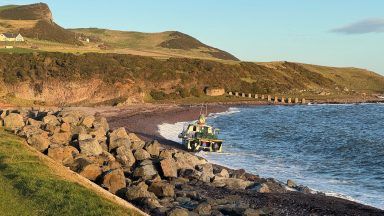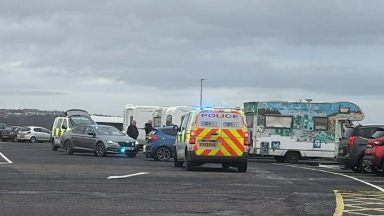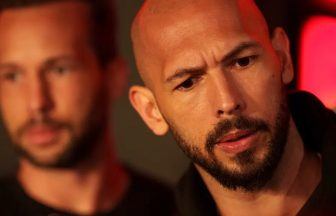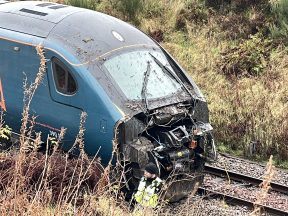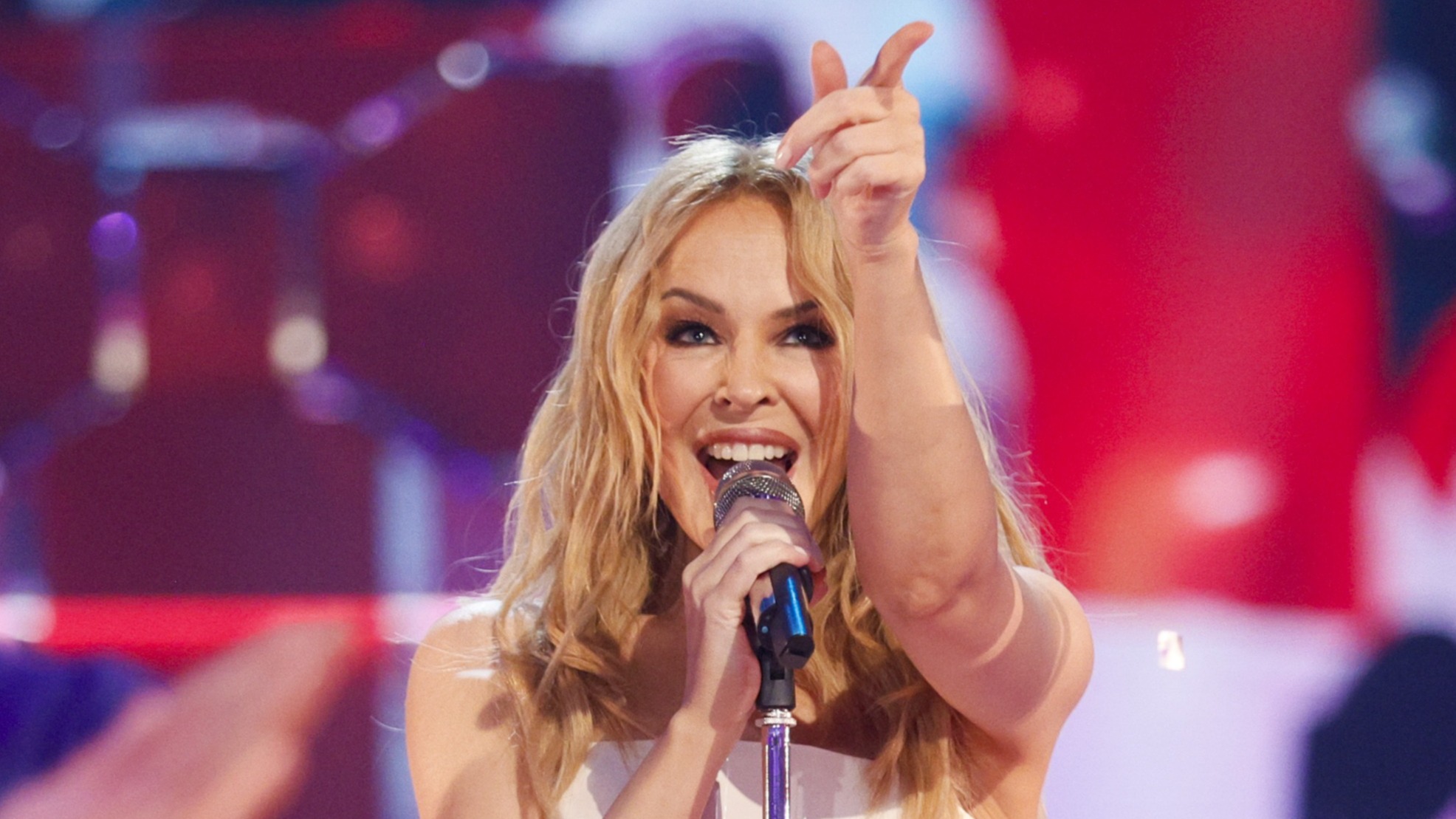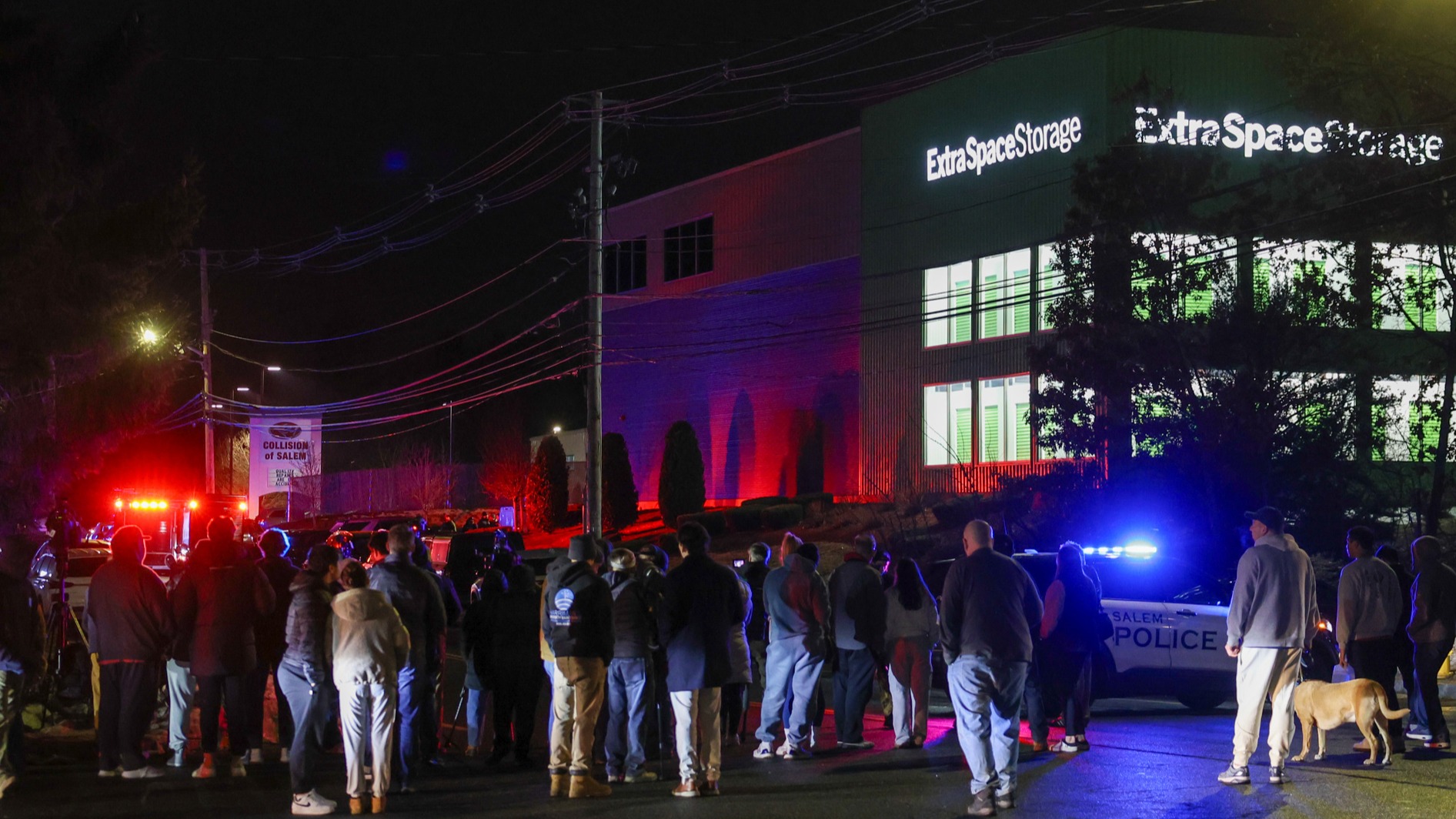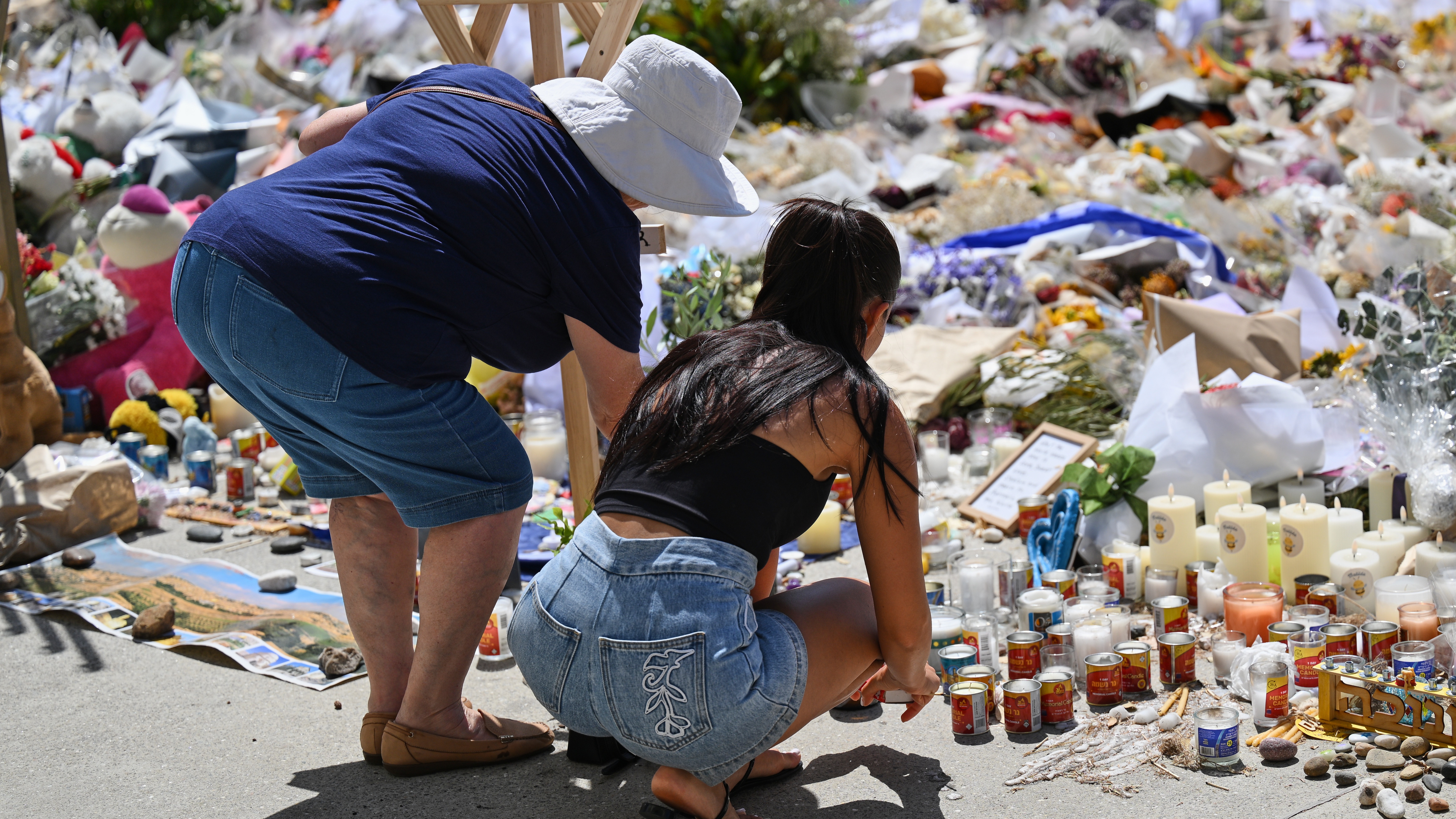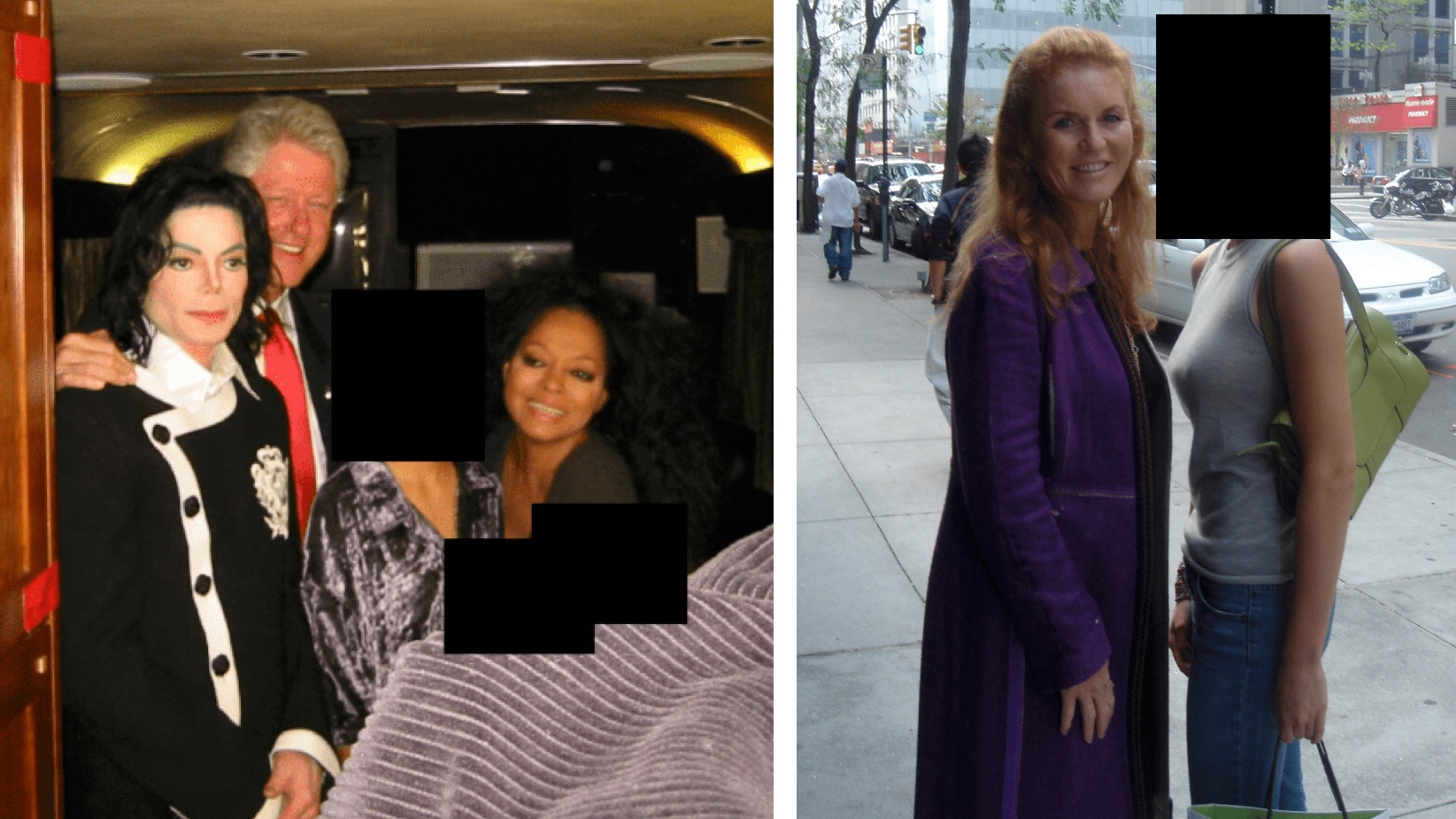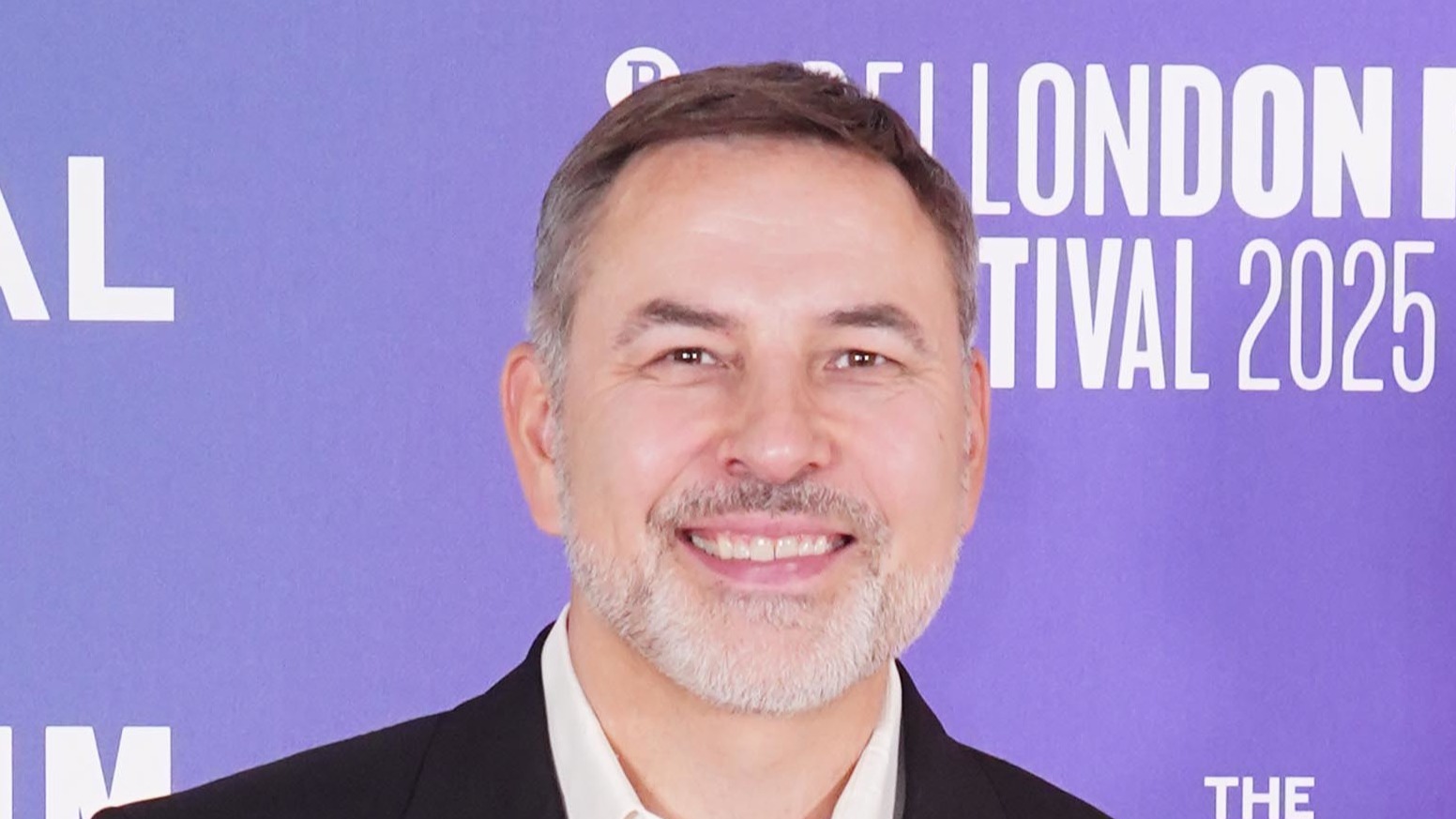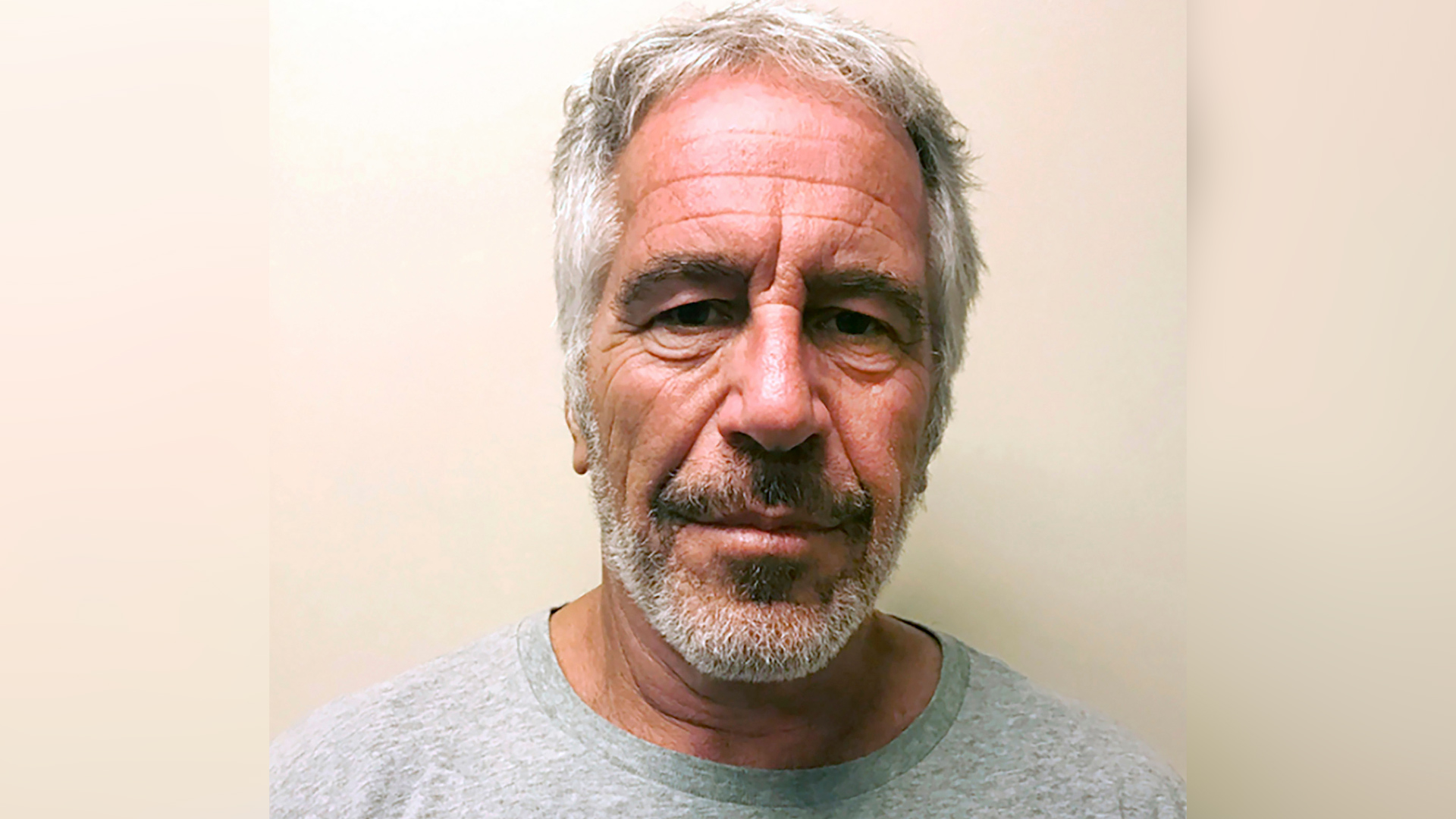Britain is “accelerating trade deals with the rest of the world,” Rachel Reeves insisted as more of Donald Trump’s global tariffs came into effect on Wednesday after a week of market turmoil.
Countries across the globe have been braced for potential widespread economic damage from the import taxes on goods entering the US from midnight Washington time – just after 5am in the UK.
The Chancellor and Business Secretary will later meet India’s finance minister for talks aimed at negotiating a deal with the country as the Chancellor said she wanted to create “the best possible conditions” for British business in a “changing world”.
Prime Minister Sir Keir Starmer on Tuesday reiterated his call for a calm approach to the changed US trade policy as a sense of optimism returned to the financial markets after several days of heavy losses.
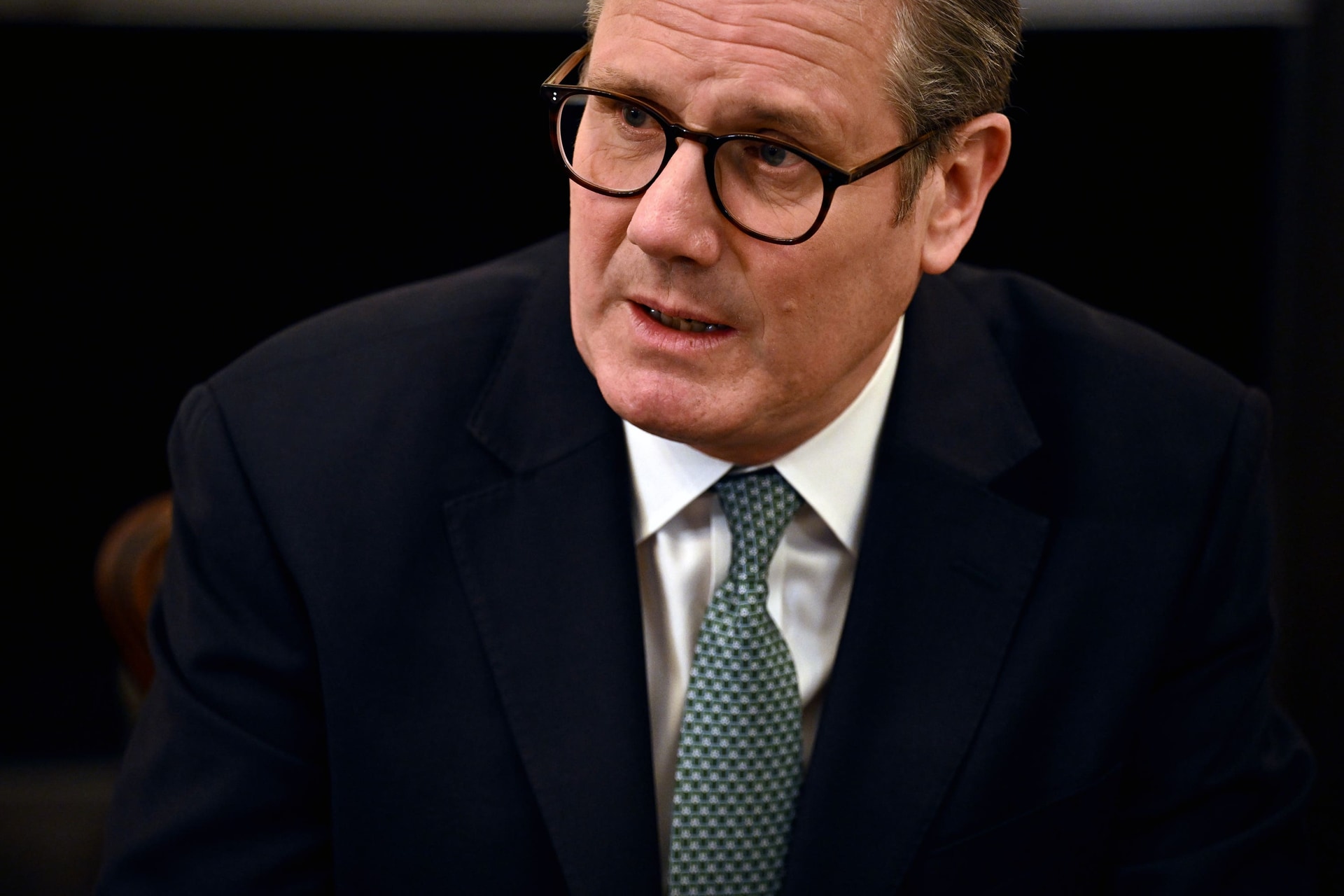 PA Media
PA MediaHowever, US stocks slid during evening trading on Wall Street after the White House confirmed a 104% tariff rate on some Chinese imports would become a reality.
Beijing had vowed to “fight to the end” and warned of countermeasures after Trump threatened on Monday to raise his levies even further on the world’s second-largest economy.
Britain faces the lowest 10% “baseline” tariff rate and has resisted imposing immediate retaliatory action, unlike the European Union which is impacted by a 20% import tax.
Ministers still hope an economic agreement with Washington can be reached to soften the blow of the levy which strikes UK goods, along with a 25% import tax on cars and separate ones for steel and aluminium.
But the Government will also seek to strengthen trade ties with other countries, including by trying to rebuild ties with the European Union.
The Chancellor said: “In a changing world, this Government is accelerating trade deals with the rest of the world to back British business and provide the security working people deserve.
“We are going further, faster to create the best possible conditions for British business by working to reduce barriers to trade.”
Discussions will focus on areas such as defence and jobs creation, investment and trade opportunities, she said.
The UK has been through more than a dozen rounds of talks since 2022 over a potential agreement with India, which is forecast to become the world’s largest economy.
Key sticking points were said to include visa rules for Indian students and professionals, as well as access for British service firms.
Speaking to MPs on Parliament’s Liaison Committee on Tuesday, the Prime Minister reiterated his opposition to immediate countermeasures in response to Trump’s tariffs but said all options remained on the table.
“My instinct is that we shouldn’t jump in with both feet to retaliate. So in that sense, I’m not changing my plans,” he said.
“Obviously we have to keep our options on the table and do the preparatory work for retaliation if necessary. But I think that trying to negotiate an arrangement which mitigates the tariffs is better.”
But Sir Keir indicated he wants to protect the NHS from US commercial interests, and was also “very clear” that a digital tax on big tech firms should remain in place, despite reports the levy could be abolished as part of a deal.
“I have been very protective of the approach we take to the NHS in any dealings with any other country because it is our greatest asset, and we are not trading it away,” he said.
The tariffs are not a “temporary passing phase” but part of a “changing world order”, the Prime Minister added.
A 10% import tax on goods coming into America from around the world kicked in on Saturday morning, while a 25% levy on foreign cars had come into force on Thursday.
On Wednesday, the White House tariffs were introduced for about 60 countries it describes as the “worst offenders” in terms of charging higher tariffs on US goods or implementing “non-tariff” barriers to American trade.
These include the EU, China, Japan, Thailand, Vietnam, Cambodia, South Africa and Taiwan.
London’s FTSE 100 index was up 2.71%, or 208.45 points, on 7,910.53 at the close of trading on Tuesday, while the Dow Jones index and the S&P 500 also jumped and Asian markets rebounded following steep falls in previous days.
But after roaring to an early gain of 4.1%, which had it on track for its best day in years, the S&P 500 careened all the way to a loss of 2.6%.
The Dow Jones Industrial Average was down 683 points, or 1.8%, after giving up an earlier surge of 1,460 points, while the Nasdaq composite was down 3.2%, as of 3.39pm Eastern time (8.39pm BST).
Even after those jumps, analysts had been warning to expect more swings up and down for financial markets in the days ahead.
Japan’s Nikkei 225 index dropped 3.9% in early trading on Wednesday before a slight rally to be down 2.7%. The Hang Seng in Hong Kong and Shanghai’s Composite also saw early drops.
Mr Trump says the tariffs are necessary to narrow trade deficits, which measure how much more the US imports from other countries than it sends to them as exports.
In a speech to a Republican Congressional Committee dinner on Tuesday night, he promised a “major tariff” on pharmaceuticals would be announced “very shortly”, according to the BBC.
Speaking to broadcasters on Tuesday evening, health minister Stephen Kinnock said the global headwinds were “very turbulent” and that rebuilding relations with Brussels would be key to protecting the UK.
“We live in an incredibly deeply integrated global economy with very integrated supply chains and hugely interdependent commercial relationships, so nobody benefits from a trade war,” he told Sky News.
He said the UK was focused on strengthening ties with the EU, developing an industrial strategy to enable Britain to “stand firmly on its own two feet” and negotiating an agreement with the US.
“I think the combination of those three things is going to help us to weather the storm,” the minister said.
Follow STV News on WhatsApp
Scan the QR code on your mobile device for all the latest news from around the country


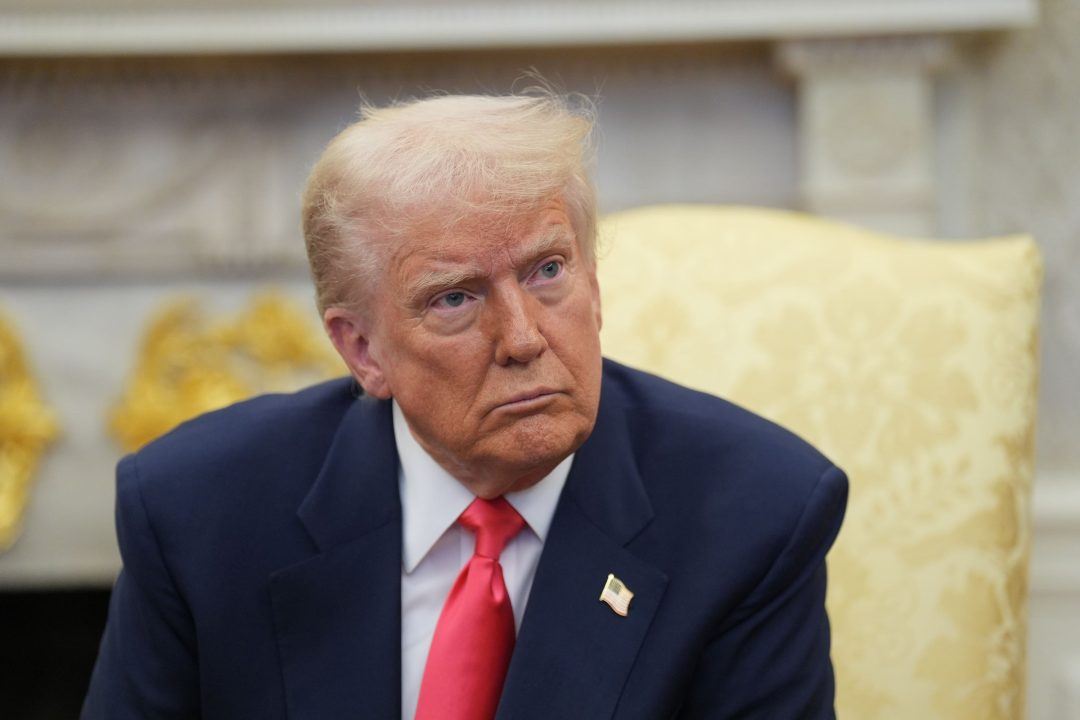 PA Media
PA Media

